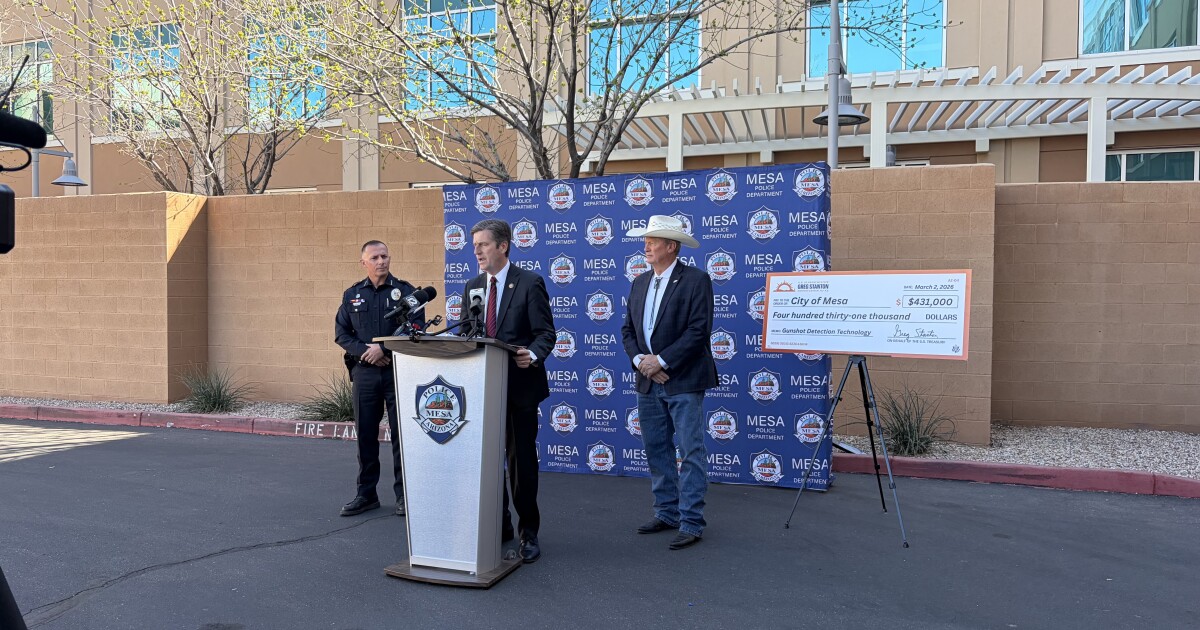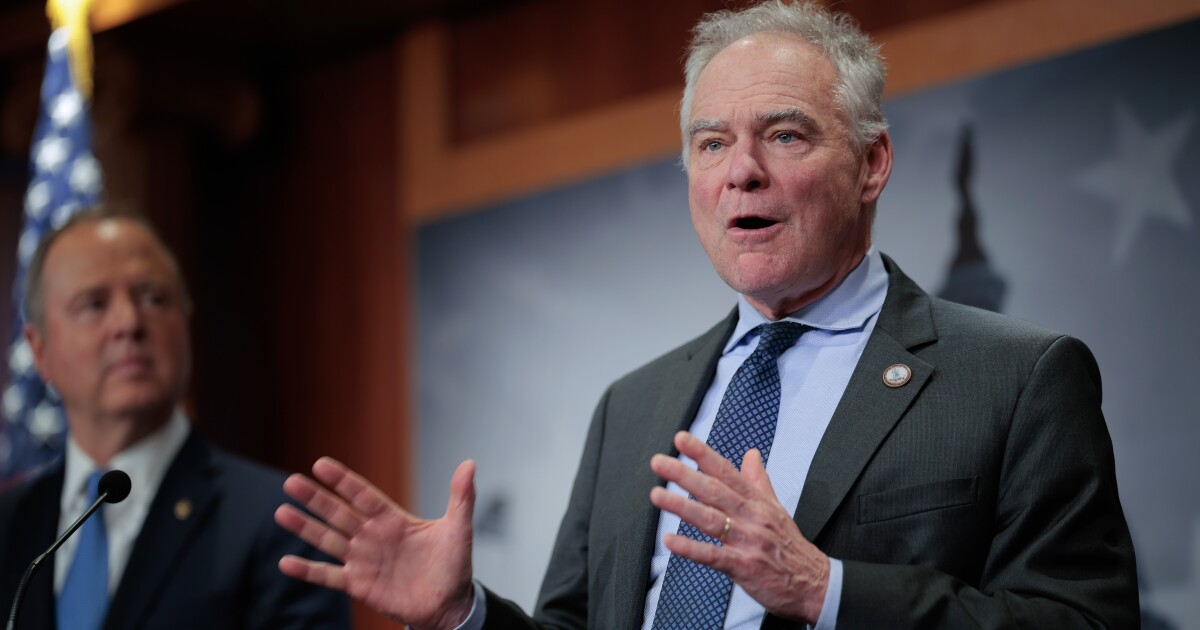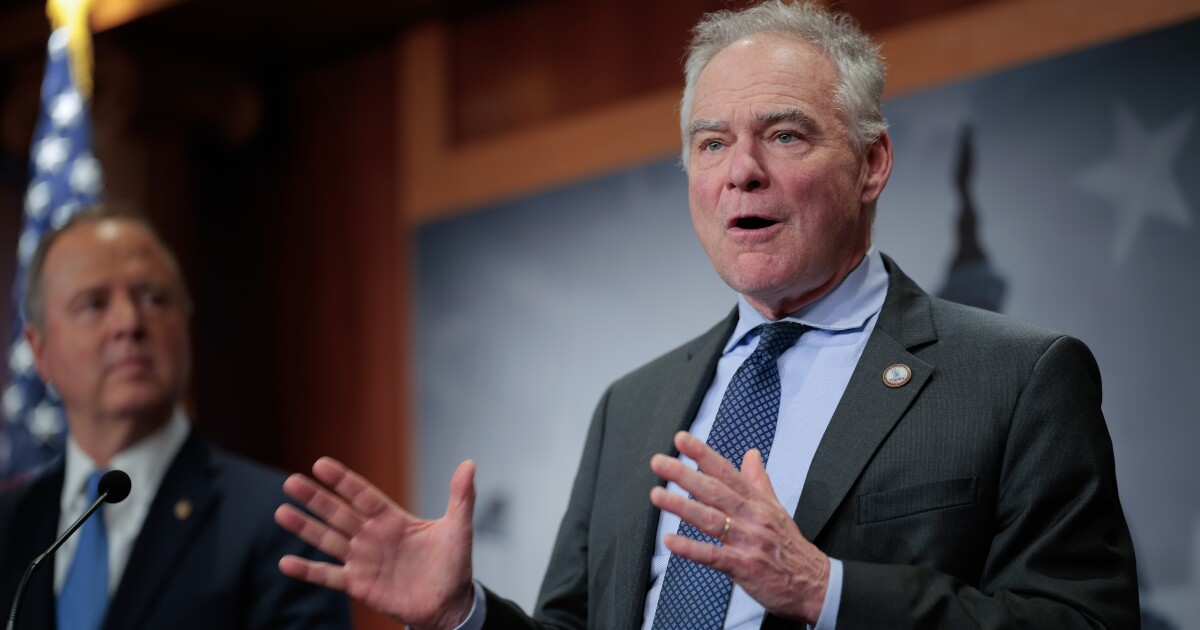Widespread Measles Misinformation Persists Amid Rising U.S. Cases
Amid a significant measles outbreak affecting over 800 cases across more than 24 U.S. states, a major portion of infections is concentrated in Texas, with over 600 cases reported. This surge has sparked concerns about public perception and the spread of misinformation regarding the disease, as highlighted by a recent poll conducted by KFF, a health policy research organization.
According to Liz Hamel, director of public opinion and survey research at KFF, “What we have seen is that a large share of people are at least somewhat uncertain about how to evaluate that misinformation.” Despite this, the majority still trusts the safety of the measles vaccine.
The survey, conducted earlier this month, included responses from a nationally representative sample of 1,380 adults. Participants were asked about their beliefs regarding three specific false claims: that the measles vaccine poses more danger than the disease itself, that it leads to autism in children, and that vitamin A can serve as a preventive measure against measles. Notably, only 5% of respondents believed these myths to be absolutely true, though many were not entirely sure they were false.
Significant portions of the surveyed population leaned toward believing these inaccuracies, with 25% thinking vitamin A might prevent measles, and 19% perceiving the measles, mumps, and rubella vaccine as potentially more dangerous than the infection.
A political divide was evident in the poll results, with Republicans more inclined than Democrats to accept misinformation about measles — a trend that extends to parents. Fortunately, most parents reported keeping their children up-to-date with vaccinations. However, among those who believed any of the misinformation, 25% admitted to having delayed or skipped vaccines for their children.
Hamel emphasizes the challenges faced by individuals bombarded with health information and misinformation across various media platforms. “I think this is one of the more concerning findings from the poll,” she notes, underscoring the difficulty many have in discerning reliable sources.
Edited by Jane Greenhalgh
Copyright 2025 NPR
—
Read More Michigan News










